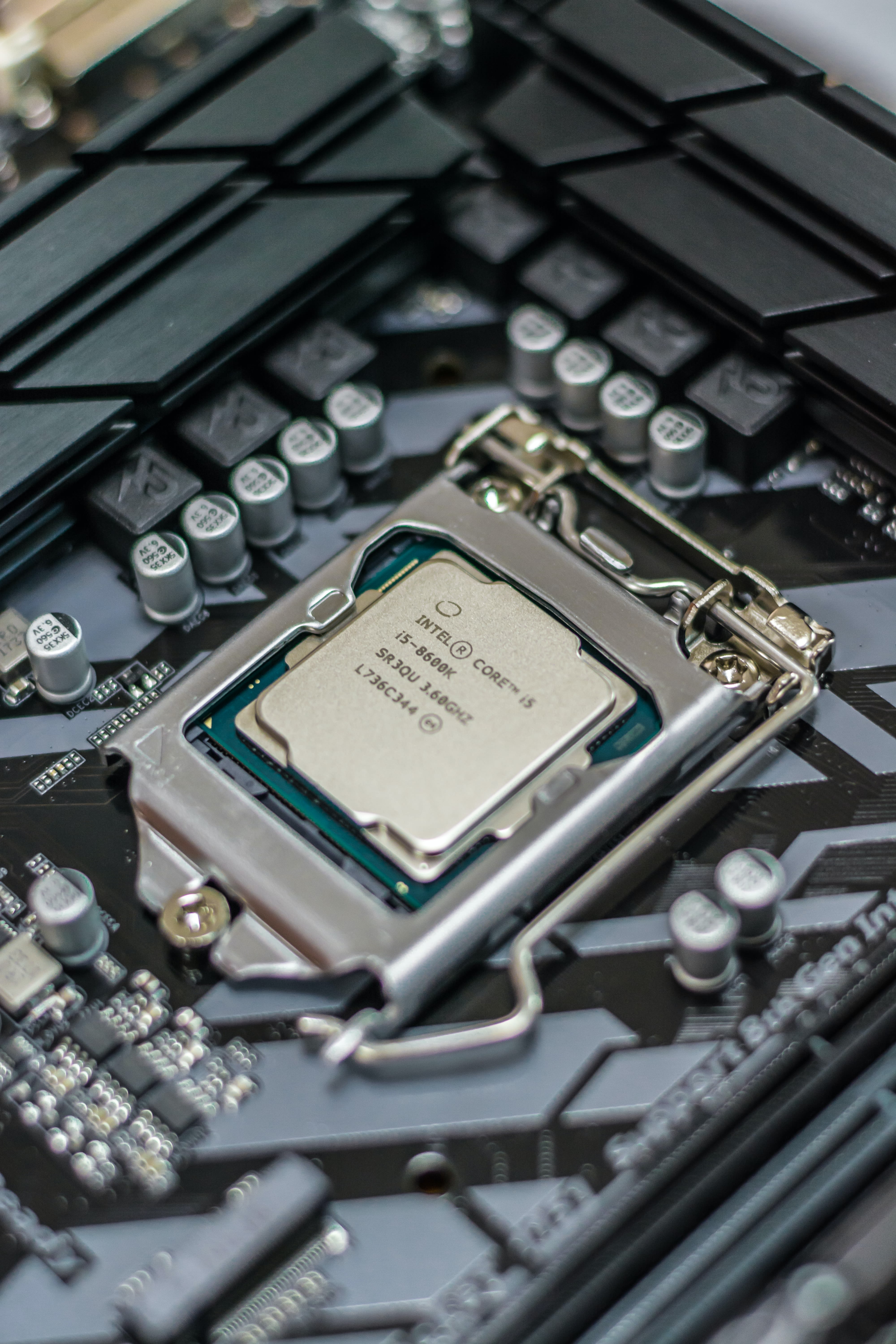7 Learning Trends In The Fourth Industrial Revolution

The dawn of Industry 4.0 has fuelled digitisation and technological disruptions across all industries and shifted the focus to technology such as big data analytics, artificial intelligence, virtual reality, 3D printing, cloud computing and the Internet of Things. Just as these new-age technologies have catalyzed big changes in business priorities and practices, digitization is leading to fundamental changes in the education sector. To ensure that tomorrow’s graduates are well-equipped to face Industry 4.0, here are 7 trends that are fast becoming the norm in the learning sphere:
1. Classrooms may no longer be necessary
The growing availability of eLearning tools will allow students to learn at their own pace, time and place. Classrooms will become less of a necessity and only be used for practical, hands-on learning, with the theoretical part being taught outside the classroom or remotely.
2. Learning will be personalised
The technology used for learning purposes will be able to give students a personalised learning experience. It will adapt to students’ capabilities and provide exercises to challenge their capabilities at their own pace. This creates a positive learning experience and that builds their confidence in their academic abilities. Teachers will also be able to better gauge which students require further guidance.


3. Focus on exams will be reduced
With technology being used to assess students’ capabilities progressively, the Q&A method synonymous with current examinations may well become obsolete. Also, as students’ level of understanding of the subject matter can be measured during their learning process, their ability to apply the knowledge learnt is best tested when they work on projects in the field.
4. Data interpretation will take centre stage
In the future, statistical and data analysis, as well as trend predictions, will be managed completely by computers. Therefore, future learning modules are projected to emphasise data interpretation techniques. Humans will be responsible for applying theoretical knowledge to numbers and deducing logic and trends from data, and these competencies are slated to become a key feature in learning modules.
5. Students to own their learning modules
Students today don’t have much of a say when it comes to their school curriculum, and that is about to change. In the future, students will become progressively more involved in selecting and even shaping the content of their subjects and syllabus. Student input needs to be prioritised if educators wish to maintain a syllabus that is current, functional and all-encompassing.
6. Learning will be project-based
With the rise of the gig and subscription economy, students must learn how to apply their skills in shorter terms across the board. Through project-based learning, students will pick up organisational, collaboration, communication, and creative and critical thinking skills that can be applied in their careers.
7. Mentoring will become essential for success
The future will see students being given more personalized learning, and with this independence comes a need for proper mentorship. Just like today, teachers will be the go-to persons for students, even as learning locations, hours and methods change, and become the compass in the jungle of information that students will be wading through.
